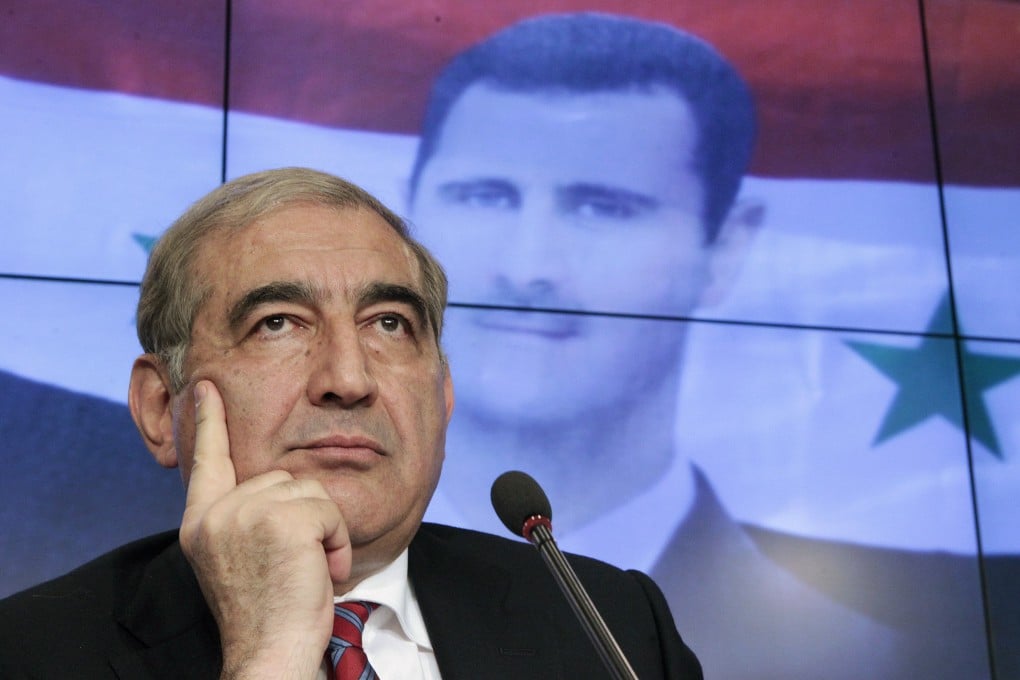Peace talks should be next step for Syria conflict
Syria has kept its pledge for chemical weapons disarmament, easily meeting the first major deadline in an accord brokered by Russia and the US. Its destruction and rendering inoperable of facilities by last Friday's target keeps the pace towards scrapping stockpiles by the middle of next year. President Bashar al-Assad's government has met every condition despite the raging civil war. Destroying the banned toxic agents and munitions is important, but it should not overshadow international efforts to negotiate an end to the two-and-a-half-year-old conflict.

Syria has kept its pledge for chemical weapons disarmament, easily meeting the first major deadline in an accord brokered by Russia and the US. Its destruction and rendering inoperable of facilities by last Friday's target keeps the pace towards scrapping stockpiles by the middle of next year. President Bashar al-Assad's government has met every condition despite the raging civil war. Destroying the banned toxic agents and munitions is important, but it should not overshadow international efforts to negotiate an end to the two-and-a-half-year-old conflict.
Assad and his opponents have been unwilling to talk. They have set strict conditions, putting in doubt hopes of a peace conference in Geneva this month. Russia and the US, the key brokers, disagree on who should attend. The rebels are divided and Syrian authorities object to the participation of particular groups. The sacking of Syrian deputy prime minister Qadri Jamil last week for an unauthorised meeting with a US diplomat has further complicated circumstances.
UN peace envoy Lakhdar Brahimi and his predecessor Kofi Annan have repeatedly failed to get talks under way. Efforts took a back seat on August 21 when a sarin nerve gas attack that the regime and rebels blame one another for killed more than 1,400 people near Damascus. Threats of an air strike by the US - and Russia, Assad's ally, stepping in to broker a UN-backed deal - brought a prompt agreement. The declaration last Thursday by international inspectors of the Nobel Peace Prize-winning Organisation for the Prohibition of Chemical Weapons that all 23 production plants were now inoperable has firmly put the regime on course to attain its promised goal.
It is not in Assad's interest to renege on any aspect of the agreement. By dutifully sticking to the pact, his regime can prove it is a reliable and credible international partner. Destroying the chemical weapons is important, as is finding the perpetrator of the sarin attack. But these aims must not cloud efforts to bring peace to Syria. The priority has to be striking a political deal between Assad and his opponents.